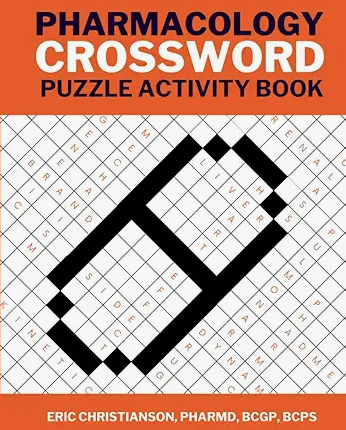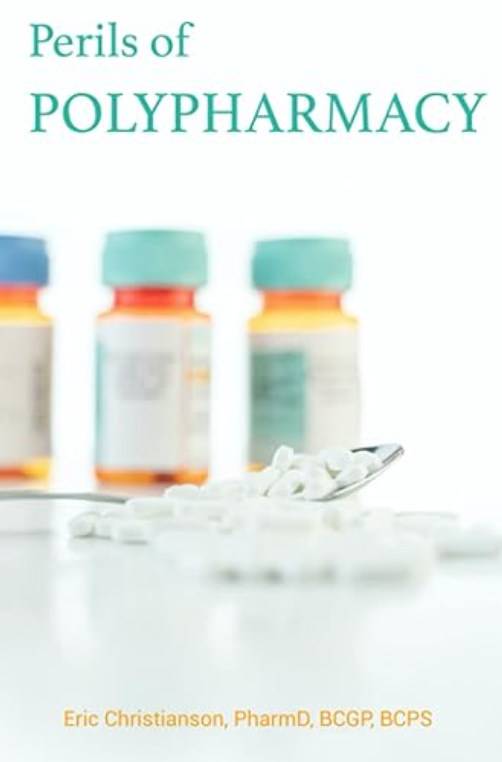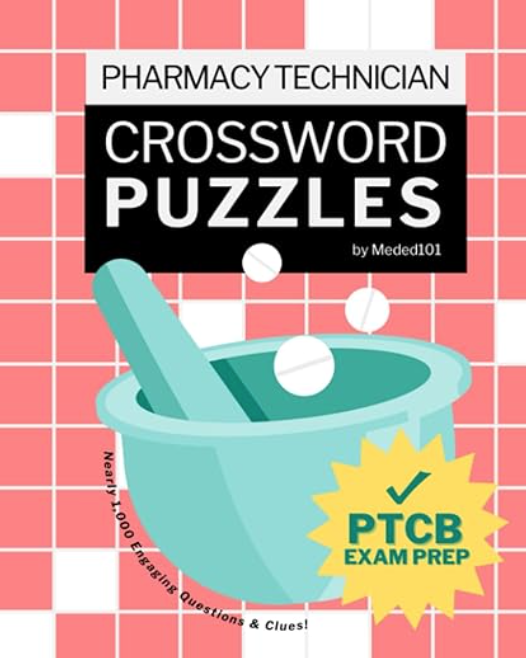Insulin icodec may have a new competitor in the near future. Insulin efsitora is another once-weekly insulin currently undergoing phase 3 clinical trials, with Lilly’s 3rd phase being termed the QWINT trials (Once Weekly (QW) Insulin Therapy (INT)). These trials are being tested in 5 different patient populations:
- QWINT-1: patients with type 2 diabetes on non-insulin anti-glycemics, naïve to insulin with the goal to test titration with fixed dosing instead of the classic insulin dose adjustment method (unique to each patient)
- QWINT-2: patients with type 2 diabetes on non-insulin anti-glycemics, naïve to insulin with the goal of testing for noninferiority between efsitora and degludec in efficacy (A1c lowering) and safety (hypoglycemic episodes)
- QWINT-3: patients with type 2 diabetes previously treated with basal insulin with the goal of showing non-inferiority with insulin degludec
- QWINT-4: patients with type 2 diabetes previously treated with a basal/bolus insulin regimen with the goal of showing noninferiority with insulin glargine
- QWINT-5: patients with type 1 diabetes who previously used basal and MDI short-acting insulin with the goal of showing noninferiority with insulin degludec in combination with insulin lispro
All these studies have been completed; however, publications are still in process for QWINT-1, 3 & 4 with result highlights being announced in an article from Lilly. Publications for QWINT-2 & 5 were released concurrently in September 2024, both demonstrating efsitora’s noninferiority to insulin degludec in A1c lowering. This article will focus on the outline and results from the QWINT-2 trial.
Insulin Efsitora – QWINT-2 Trial
QWINT-2 is a parallel-design, open-label, treat-to-target, randomized, controlled, multi-site (121) trial conducted in 10 countries. 928 total patients were enrolled for a 52-week treatment period with a 5-week follow up period. The primary objective of the study was to identify whether insulin efsitora was noninferior to insulin degludec with respect to change in A1c from baseline to 52 weeks. Patients included in the study needed to have type 2 diabetes, an A1c of 7-10.5%, and be naïve to insulin therapy. Non-insulin anti-glycemic agents were allowed, and secondary endpoints investigated A1c change in those using GLP-1s vs those who weren’t. Average baseline A1c was 8.2% with 84% of patients concurrently taking metformin. Efsitora was found to be noninferior to degludec, with A1c decreases of -1.26 and -1.17 percent in the efsitora and degludec groups, respectively. Of importance, both treatment groups achieved an average A1c of less than 7% after 16 weeks of therapy. GLP-1 use did not appear to change A1c reduction, and episodes of hypoglycemia were similar between the once daily and once-weekly insulins. The authors concluded that efsitora would likely be safe in this patient population, regardless of coadministration of other anti-glycemics (aside from other insulins). They also determined it would still have a positive effect on both A1c lowering and increased time within goal blood glucose ranges (70-180 mg/dL) without increasing the risk for severe hypoglycemic events.
There were several weaknesses and strengths to this study. One thing to highlight is that the A1c inclusion range (7-10.5%) was low and could be qualified as limiting to this patient population (T2D). The investigators also included many different statistical endpoints, which could be perceived as “muddying” of the data. Despite this, there is wide applicability due to the multi-national and multi-site structure, as well as allowing for the inclusion of other anti-glycemic agents commonly used in diabetes treatment. They also specifically investigated GLP-1 concurrent use vs not using, which has high applicability given its priority and popularity in diabetes management.
While the results from this study are promising, additional studies should be conducted to verify these results given Lilly’s heavy involvement in this trial. With preliminary positive results from the rest of the QWINT trials, it is likely that insulin efsitora could have widespread use due to providers’ and patients’ preferences for once weekly over once daily dosing (for example, GLP-1s).
The results of these studies are intriguing, especially considering them in relation to insulin icodec. One major concern I’d have as a practitioner is the accessibility of this medication and cost to the patient. Will these insulins run into similar issues as GLP-1s/semaglutide? What are your thoughts on the QWINT trials? Will once-weekly insulin be a game-changer in diabetes care?
This article was written by Emma Carlberg, PharmD Candidate in collaboration with Eric Christianson, PharmD, BCPS, BCGP.
- 30 medication mistakes PDF
- 18+ Page Drug Interaction PDF
- 10 Commandments of Polypharmacy Webinar based on my experiences in clinical practice









0 Comments